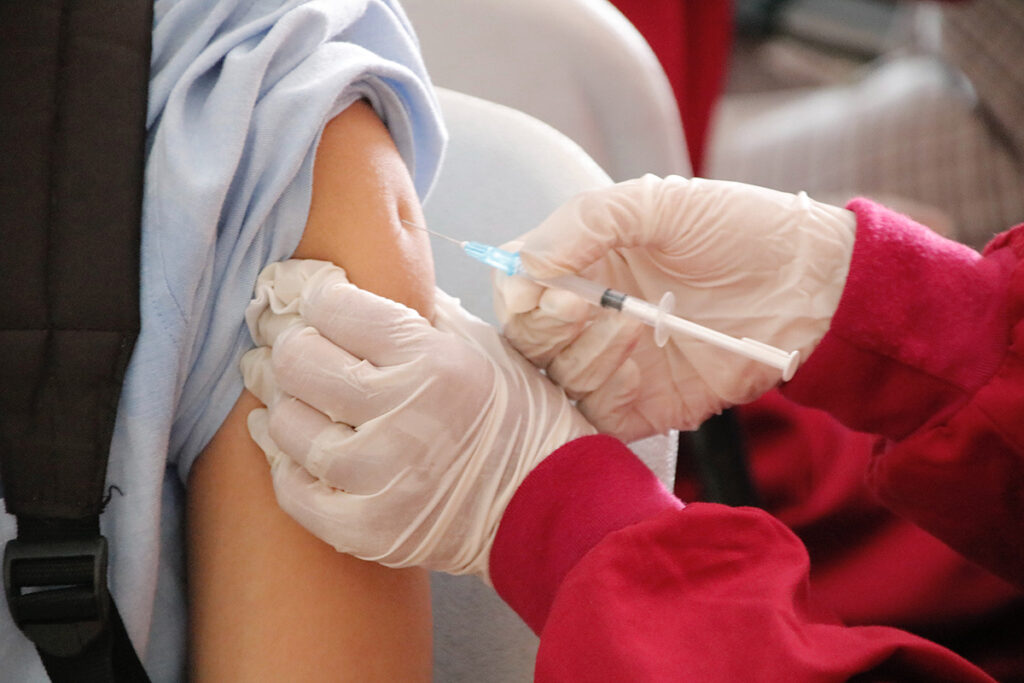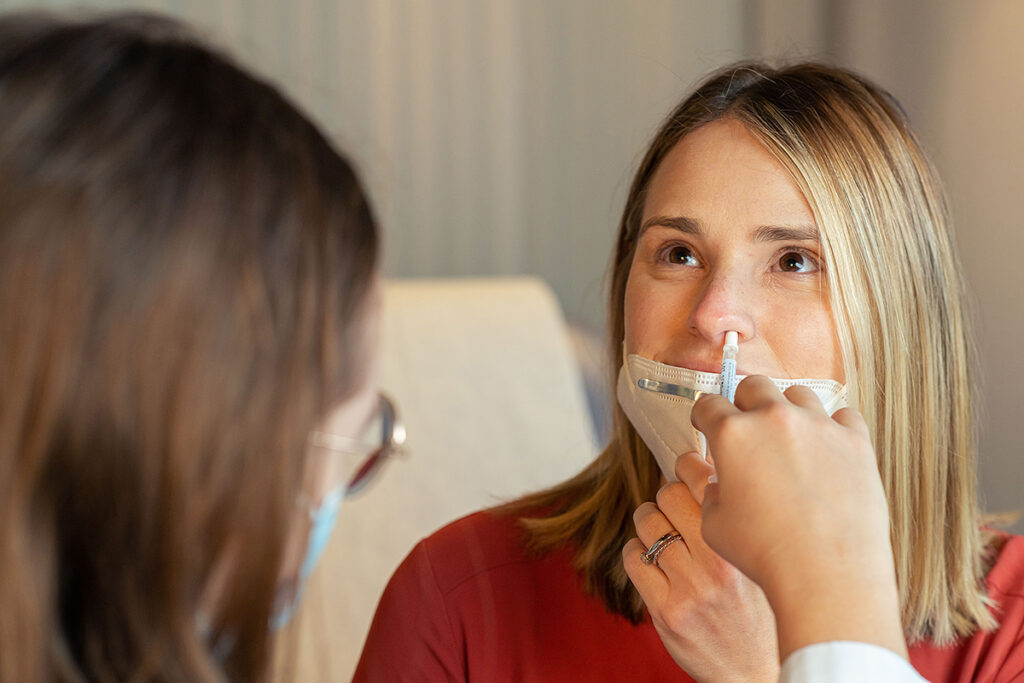Autoimmune neurological disorders (AND) are diseases where the immune system mistakenly attacks the nervous system, causing progressive or recurrent neurological disorders. Among prevalent AND are multiple sclerosis (MS), myasthenia gravis, Guillain-Barré syndrome, optic neuromyelitis, and chronic inflammatory demyelinating polyneuropathy (CIDP).
COVID-19 and other infections can trigger AND exacerbations, with a higher risk of severe pneumonia and mortality in AND patients. Immunosuppressive therapy, prescribed to treat autoimmune diseases, also increases the risk of severe complications after infection. Therefore, vaccination is essential to protect AND patients from the coronavirus.
Data on the safety of vaccination in AND patients are contradictory. Some studies confirm its security based on experiences with influenza, human papillomavirus, and hepatitis B vaccines. However, other studies report worsening conditions in patients after vaccination.
Scientists from the neurology department at Tandu Hospital in China conducted a systematic review and meta-analysis of 28 studies examining vaccination safety in patients with various forms of AND. The total number of participants was over 31,000, including those with multiple sclerosis, myasthenia gravis, and optic neuromyelitis.
Meta-Analysis Results
The frequency of side effects after the first, second, and third vaccine doses was 21%, 18%, and 6%, respectively. For different vaccine types, mRNA vaccines (Pfizer-BioNTech or Moderna) had a frequency of 4.46%, inactivated vaccines (CoronaVac, Sinovac) had 4.14%, and mixed vaccination types had 3.39%.
The overall frequency of adverse events after COVID-19 vaccination in AND patients was 35%. Adverse events were most common in patients with MS (43%). The overall frequency of adverse events after immunization was the same for all vaccine types. The most common adverse events included:
- Pain at the injection site
- Fatigue
- Weakness
- Muscle pain
- Fever
- Headache
- Chills
In 82% of studies, exacerbation of pre-existing AND after vaccination was reported, with exacerbations occurring in 5% of patients. Exacerbations were least common in patients with MS. The frequency of exacerbations was lowest after the first dose and the same after the second and third doses. The frequency of AND exacerbations by vaccine types was 6% for mRNA vaccines, 4% for inactivated vaccines, and 6% for mixed vaccinations.
In 14% of studies, post-vaccination neurological adverse events were reported in 11% of patients.
Conclusion
COVID-19 vaccination has a minimal impact on the course of autoimmune neurological disorders and is safe for AND patients.
The frequency of general adverse events after COVID-19 vaccination in AND patients is similar to that in healthy individuals, at 35%. Vaccination has little influence on the underlying autoimmune neurological disorder. The frequency of exacerbations caused by the COVID-19 vaccine is minimal, at 5%. AND patients tolerate vaccination well.
Most patients experiencing exacerbations of pre-existing AND have a good prognosis, with transient exacerbations. The proportion of neurological adverse events caused by vaccination is relatively low, at around 11%.
Useful article, necessary information? Share it!
Someone will also find it useful and necessary:



